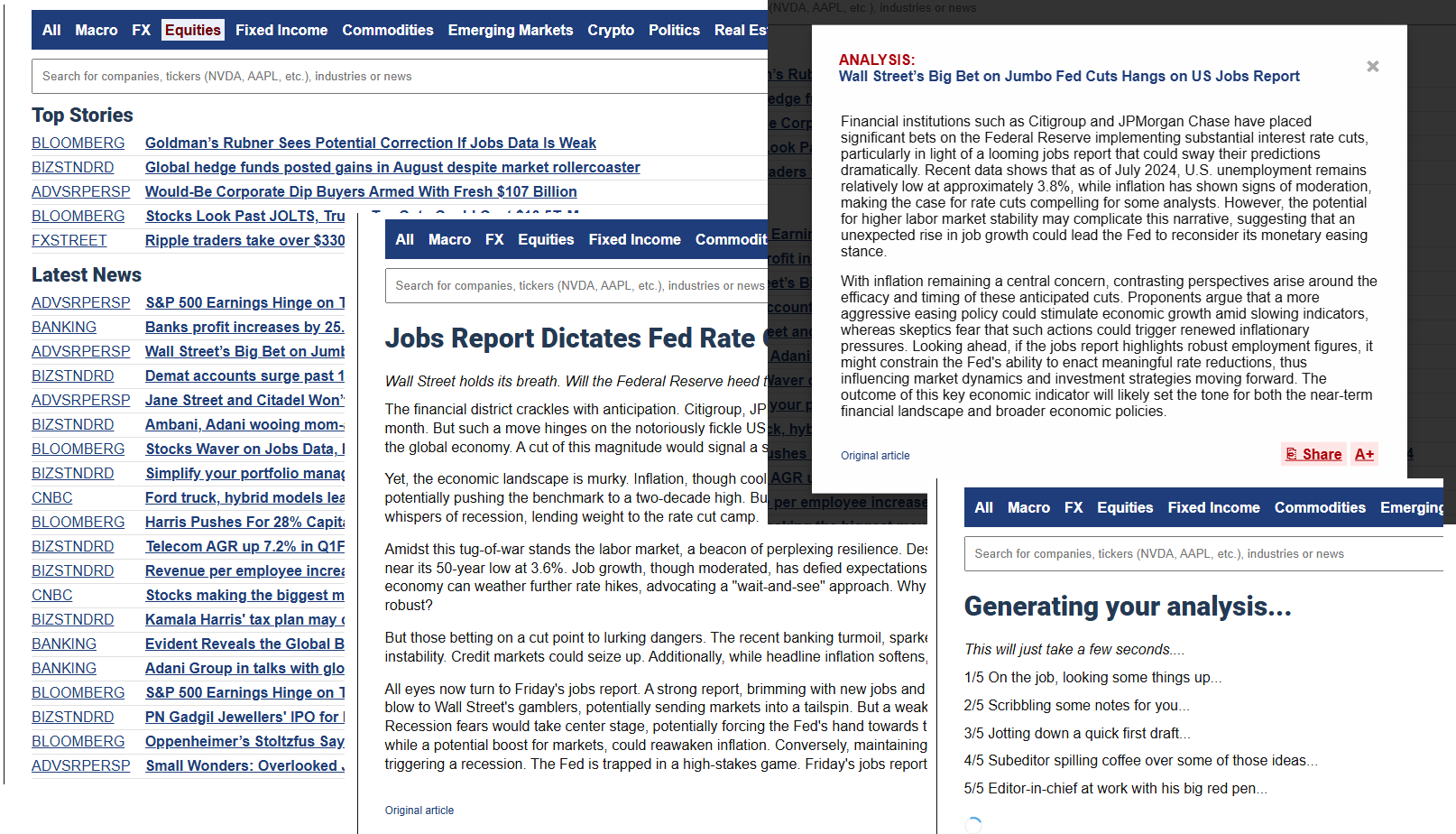Exxon Mobil Sues Activist Investors to Shield Policies
CEO Darren Woods of Exxon Mobil has declared a firm stance against activist investors, asserting that the company will pursue legal action against any who misuse proxy rules. This follows the recent dismissal of a lawsuit against Arjuna Capital LLC by a federal judge. Woods' comments reflect broader industry tensions as energy companies face increasing pressure to adopt greener energy initiatives. Exxon's commitment to protecting its strategic decisions highlights its resistance to external influences, even as the global regulatory landscape evolves and market demands shift. While Exxon navigates these conflicts, it also pursues significant projects like its collaboration with Abu Dhabi National Oil Company (ADNOC) on the Texas hydrogen venture. The planned Baytown facility, poised to be the world’s largest low-emission hydrogen plant, faces delays as the partners seek U.S. subsidies in a fiercely competitive global energy market. ADNOC’s 35% stake acquisition in the project underscores strong Middle Eastern investment in low-carbon technologies and reflects the UAE's ambitions to diversify its economy. This partnership enhances Exxon's position in the energy transition but also depends heavily on uncertain governmental support. Simultaneously, Exxon aims to offload conventional oil assets in the Permian Basin, potentially fetching around $1 billion. This move comes on the heels of Exxon's $60 billion acquisition of Pioneer Natural Resources in 2023, marking a strategic shift towards shale oil production. Despite these efforts, Exxon's bullish outlook on oil demand, projected to remain robust until 2050, stands at odds with progressive climate goals and net-zero targets. Exxon’s forecast contrasts with BP’s, which anticipates a 25% reduction in demand by mid-century. This difference highlights a divide within the industry regarding the pace and extent of the energy transition. In Nigeria, Exxon's ongoing process to finalize asset sales to Seplat Energy Plc signifies another step in its portfolio reshuffling. The sale, expected to be approved by Nigerian regulators in 120 days, aligns with Exxon's broader strategy to streamline operations and focus on more lucrative opportunities. Recent layoffs of 59 workers, post-Pioneer acquisition, indicate operational adjustments aimed at achieving greater efficiency amidst shifting company structures. Skepticism about global net-zero commitments juxtaposes Exxon's stance with environmental advocacy groups pushing for rapid decarbonization and renewable energy adoption. This skepticism shapes questions about Exxon’s long-term strategy, revealing the intricate balance the company strives to maintain between economic interests and environmental responsibilities. Despite projecting strong oil demand, Exxon remains invested in renewable energy projects, indicating a nuanced approach that balances immediate profitability with future sustainability. As these dynamics play out, stakeholders including investors, regulators, and activists find themselves in a complex interplay of influence over Exxon's policies. Exxon's recent surge in profits, driven by record production in Guyana and the Permian Basin, places the company at a critical juncture. Delays in large-scale initiatives like the Golden Pass LNG export project, pushed to late 2025 due to contractor bankruptcy, illustrate the logistical challenges in the energy sector. Furthermore, Exxon’s strategic prowess is evident in its arbitration with Chevron over Guyanese oil, showcasing its efforts to protect its interests amidst competitive and geopolitical pressures. Exxon's future trajectory will likely be influenced by activism, regulatory changes, technological advancements, and market dynamics. Meeting productivity and profitability targets while navigating complex environmental and economic landscapes will require agile strategy and foresight. The interplay of financial, environmental, and geopolitical factors signals a transformative period for Exxon Mobil, with today’s decisions heavily influencing its footprint in the future energy ecosystem. Exxon’s responses to these challenges will be pivotal in shaping the company’s role in the global energy transition.
AI-Powered trading insights: join our email list
Real-Time Market Analysis
Get instant insights on market trends, news impact, and trading opportunities.

